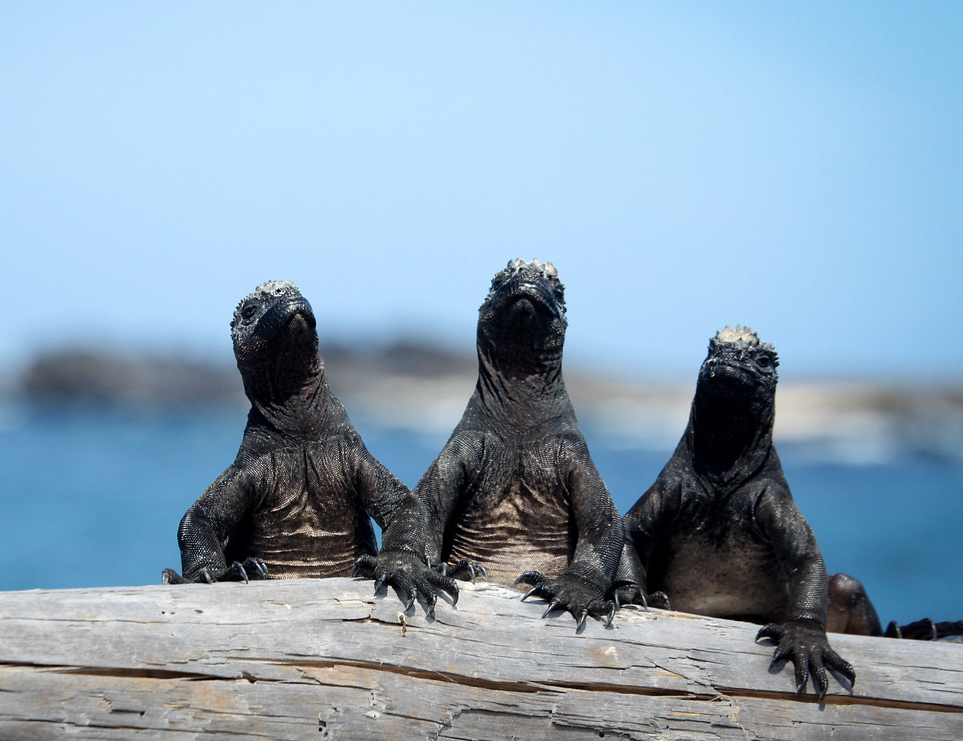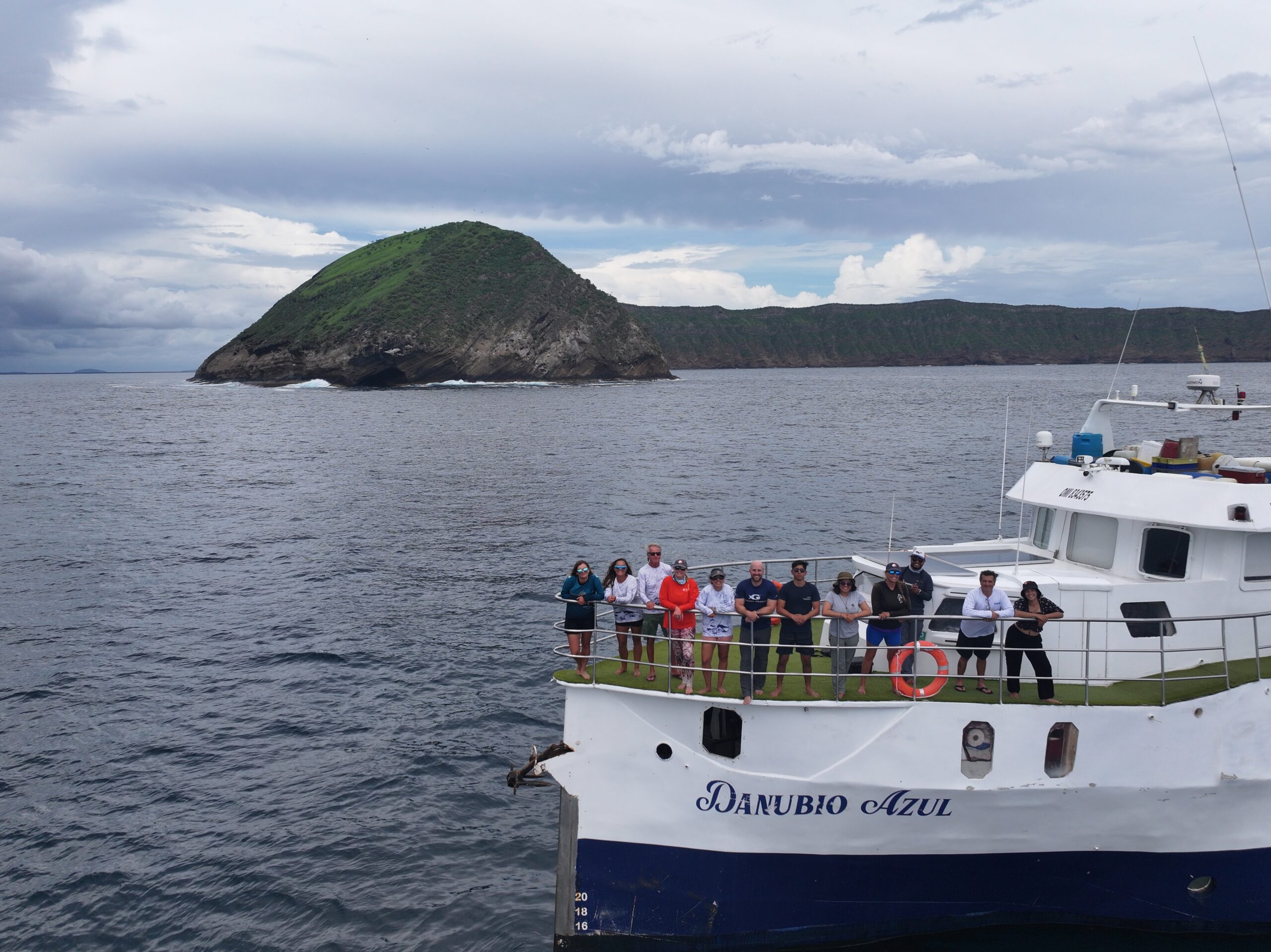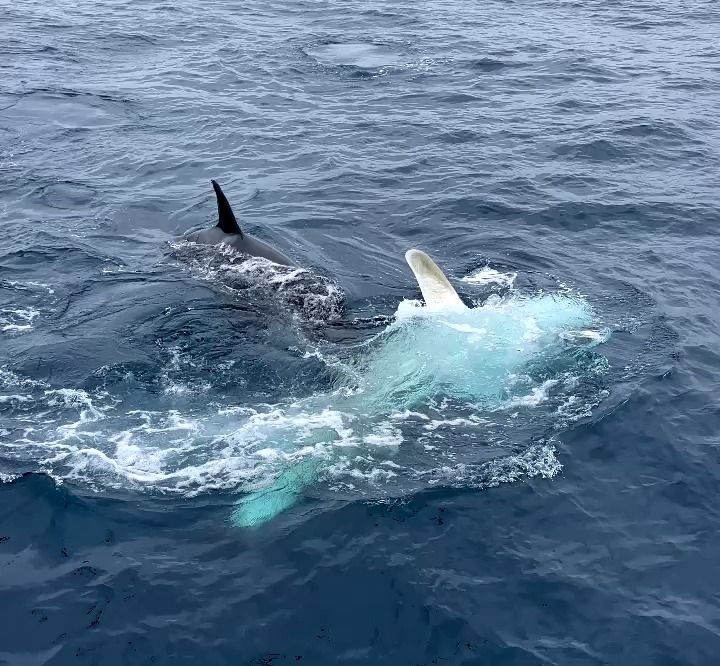Figure 1. Close contact between dogs and Galapagos sea lions.
Abstract:
This study’s concept was outlined around the principle of conservation medicine in a biodiversity hotspot from the Neotropical realm: the Galapagos Islands. The wildlife balance has been modified by multi-host parasites introduced with some domestic animals (dogs and cats). The endemic and endangered species, the Galapagos sea lion (GSL, Zalophus wollebaeki), has been exposed to pathogens of canine and feline origin that could become a significant conservation problem for this species. One of these potential cases is the filarial heartworm infection, Dirofilaria immitis, which has been reported on other pinnipeds, with fatalities and clinical symptoms. Therefore, this study evaluated the presence of the microfilaria of D. immitis in dogs from Puerto Baquerizo Moreno, San Cristobal Island, where the largest rookery of GSLs lives and where the proximity to domestic dogs is the most intimate compared to other rookeries of the archipelago. Between July and September 2021, 587 blood samples were collected from owned dogs of Puerto Baquerizo Moreno. Overall, 10 dogs (1.7%) were positive for the presence of the microfilaria of D. immitis with a confidence interval of 0.7%–2.8%. No other filarial species were identified. Significant differences in prevalence between different dog categories were observed only for the age (p = 0.001). This study represents the first report of D. immitis, the agent of canine heartworm disease, in dogs from San Cristobal Island. Hence, the presence of the microfilaria of D. immitis in the blood of dogs could increase the risk of infection to which the GSL is exposed in the region.
Keywords: Dirofilaria immitis; domestic dogs; canine heartworm disease; zoonoses; San Cristobal Island
Read the article in the link: https://www.mdpi.com/2076-0817/11/11/1287






